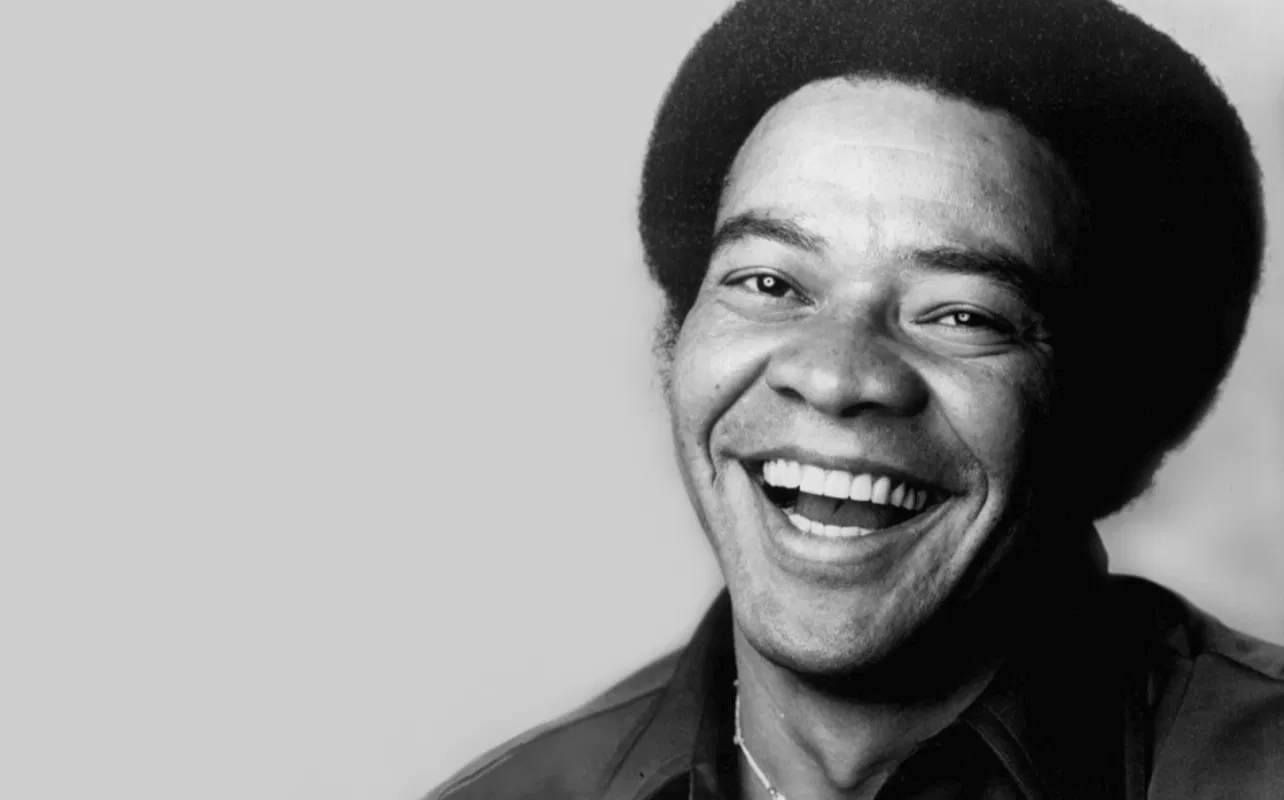When Bill Withers wrote “Lean On Me,” he wasn’t chasing a hit. He was simply sitting at home, experimenting with a brand-new Wurlitzer electric piano he’d just bought after releasing his second album.
In an interview with Songfacts, Withers explained how the idea came to him almost by accident.

“I was just running my fingers up and down the piano,” he said. “In the middle of it, the phrase ‘Lean On Me’ crossed my mind. I liked how it sounded, so I went back and asked myself, what would make me say that? What kind of moment would lead to that line?”
That question became the emotional foundation of the song. For Withers, writing music wasn’t about clever wordplay — it was about honesty. “At that point,” he said, “it’s between you and your actual feelings, your morals, and who you really are.”
From Navy Life to the Music Charts
Bill Withers didn’t start his recording career until he was 32 years old — long after most musicians get their first break. Before fame, he served nine years in the U.S. Navy and later worked in a factory building airplane parts.
His upbringing in rural West Virginia shaped his worldview and his songwriting. Withers told Songfacts that small-town life gave him a natural sense of community — something that became the heart of “Lean On Me.”
“Where I came from, people were more attentive to each other,” he explained. “In big cities like New York or Los Angeles, people might walk right past someone who needs help. But back home, folks would stop and lend a hand.”
That mindset informed his lyrics. “I think circumstance dictates what people think,” he added. “You write about what you know. I wasn’t from a big city, so I didn’t write about violence or chaos. I wrote about connection.”
Simple Notes, Universal Message
One reason “Lean On Me” continues to touch people around the world is its simplicity. Musically, it’s one of the first songs many children learn to play on the piano — you don’t even have to move your fingers much.
But the message behind those easy notes runs deep. The song speaks to a shared human need: the desire to help and be helped.
“It’s a rural song that translates across demographic lines,” Withers said. “Who could argue with wanting someone who’s really there for you? My experience was that people like that existed. Even in the South, people would help you out across racial lines.”
A Real-Life Moment of Kindness
The message of “Lean On Me” wasn’t just poetic — it came from Withers’ real-life experiences. As a young man driving from Florida to West Virginia while stationed in the Navy, he had a flat tire on a back road in Alabama.
“I didn’t have a spare,” he remembered. “Then this guy came walking over the hill — looked like he was right out of Deliverance. He saw my situation, went back home, brought a tire, and helped me fix it. I couldn’t believe it.”
That small act of kindness stayed with him. It reminded him that compassion can come from unexpected places and that, beneath the surface, most people want to do good.
“My life taught me to expect a ‘Lean On Me’ kind of world,” Withers said. “The hard part was realizing that isn’t always the rule — it’s sometimes the exception.”
Decades later, “Lean On Me” still feels timeless. Its message — that we all need someone to lean on — is as true today as it was when Bill Withers sat down at that little Wurlitzer piano and followed his heart.








